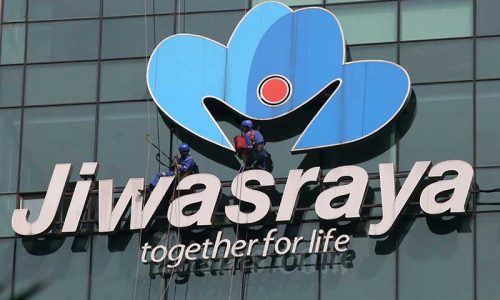The Ministry of Energy and Mineral Resources (ESDM) is still evaluating the Work Plan and Budget (RKAB) of Copper and Gold mining company PT Freeport Indonesia (PTFI).
Acting Director General of Mineral and Coal at the Ministry of Energy and Mineral Resources, Bambang Suswantono, said the work plan and budget of PTFI is currently being evaluated by the Directorate of Mineral Business Development.
“The RKAB for Freeport is still in progress and the process in the mineral sector is somewhat lengthy,” Bambang told journalists on Thursday, January 4, 2024.
He said that evaluating RKAB in the mineral sector requires a relatively longer time compared to coal. He explained that many mineral sector businesses have notes that need verification by the Ministry of Energy and Mineral Resources.
“Of the 700 [business entities] in the mineral sector, many of them have enclosed notes in their reports, so we need to cross-check and complete them,” Bambang said.
As previously reported, President Director of PT Freeport Indonesia, Tony Wenas, has suggested the possibility of cutting production capacity by 40 percent in the 2024 RKAB due to the deadline for the relaxation of concentrate exports ending in May 2024.
This adjustment may lead to a 50 percent reduction in state revenues. Tony stated that this adjustment is necessary due to the export permit relaxation granted by the government will only be valid until May 2024. The full production capacity of the Manyar smelter in Gresik, East Java, is expected to be achieved in December 2024.
Tony emphasized ongoing coordination with the government regarding the possibility of additional relaxation until December 2024, allowing progressive production planning with increased underground mining at the Grasberg mine in Papua. Through three operating mining blocks in the Grasberg area, PTFI’s annual production capacity reaches approximately 1.6 billion pounds of copper and 1.6 million ounces of gold.










